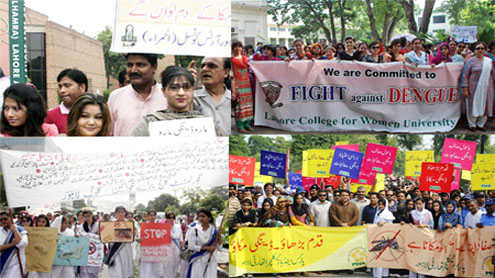India is currying favor for membership in the Nuclear Suppliers Group; a multi-nations body comprised of 48 member states which was formed 40 years back in 1975. It was established to guarantee that no civilian nuclear materials could be redirected for military purposes, as was done by India.
Basically NSG was established in the wake of India’s 1974 so called ‘peaceful Nuclear Explosion’. Apparently the materials and equipment that India acquired from Canada and the United States for peaceful purposes had clandestinely been redirected for nuclear-weapon program. After the 1974 nuclear test, India was banned from any kind of nuclear trade by major states including United States for so many years. India has rebuffed to sign the treaty that was aimed to prohibit nuclear proliferation, the NPT. The treaty commits NWS to relinquish nuclear weapons. Soon after the Indian nuclear test in 1974, the Nuclear Supplier Group, which was then named as London Group because of the series of meetings in London from 1975 to 1978, was establish to supplement the NPT by concentrating on nuclear commerce related issues as NPT failed to prevent India’s nuclear test. In 2003, the situation began to change when the United States extended its hand of cooperation towards India and signed a civilian nuclear deal with India in 2005.
The deal, as a whole was established on supposition that it would support the nuclear non-proliferation regime. However the reality check raises the question that, are they (US) rewarding India because of her excellent record of non-proliferation? Then how will they justify India’s cooperation with Saddam Hussein of Iraq and with Iran in Bushehr’s nuclear power plants. Eventually, the deal damaged the spirit of nuclear non-proliferation regime. The deal also multiplied the probability that in coming years the prevailed setup of nuclear non-proliferation regime would weaken. India was given an exemption from the comprehensive IAEA safeguards, a requirement of NSG guidelines which along with NSG’s underline principle of trading with NPT member states only went by the way side. It is ironic that the NSG which was set up in response to nuclear test by India in 1974 now is ready to reward it in violation of the non-proliferation regime it claims to champion and US is sponsoring all this. India commemorates 26 January as its Republic Day because the Constitution of India came into effect which replaced Government of India Act 1935. US President Obama is going to visit India on that day, being a first sitting President of United States.
There are suspicions expressed in different segment of international community regarding the Obama’s visit that if any further discriminatory ties as like the Civil Nuclear Deal, knotted between them, then it will be a point of ponder that what message they are intended to deliver to rest of the world? Are they inspired to change the international norms by these kind of discriminatory attitude towards some by compromising on principle or what? A special exception which US is hewing for India’s joining the NSG will cause several implications: first, it will weakened the non-proliferation regime; second, NSG’s credibility and efficacy would be questioned along with its support for non-proliferation regime; third, NSG’s preferential treatment to India would be a dangerous precedent for others like Iran and North Korea as it would solidify the perception of India as de-facto NPT nuclear weapon state and last but not the least is, after becoming member of NSG, India would have a voice in determining new export guidelines which would have a dangerous impact as India is inspired to become a global nuclear supplier.
It would also give India a veto over decision-making, including any future decision involving Pakistan. US growing strategic nexus with India and hope to profit from India’s nuclear market are the two motivational factors of its preferential treatment to India. However, it is plausible that the US more inclination towards India and growing nuclear nexus will seriously undermine the cause of peace and stability in this region. US should understand the gravity of the damage they are committing to the cause of peace and stability by giving India country-specific nuclear waivers. The US special treatment by improving India’s position in the South Asian region will ultimately disturb the regional equilibrium.
Author: Sidra Ajaib Kayani













